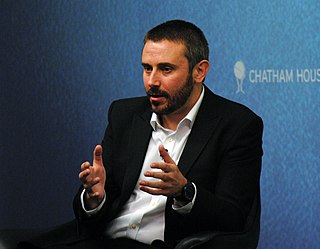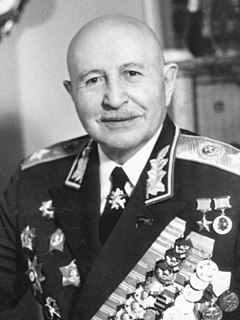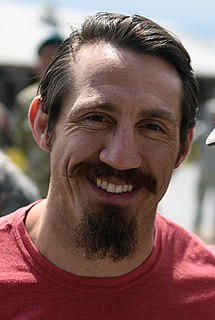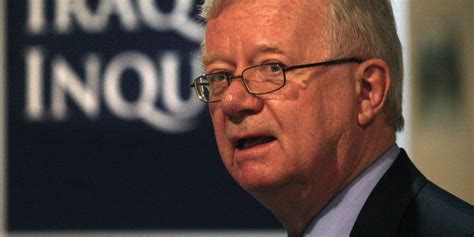A Quote by Nick Turse
The Obama presidency has seen the U.S. military's elite tactical forces increasingly used in an attempt to achieve strategic goals. But with Special Operations missions kept under tight wraps, Americans have little understanding of where their troops are deployed, what exactly they are doing, or what the consequences might be down the road.
Related Quotes
The authorization I propose would provide the flexibility to conduct ground combat operations in other more limited circumstances, such as rescue operations involving U.S. or coalition personnel or the use of special operations forces to take military action against ISIL leadership, it would also authorize the use of U.S. forces in situations where ground combat operations are not expected or intended, such as intelligence collection and sharing, missions to enable kinetic strikes or the provision of operational planning and other forms of advice and assistance to partner forces.
The Obama administration is dedicated to increasing terrorism. In fact, he is doing it all over the world. Obama is running the biggest terrorist operation that exists, maybe in history. The drone assassination campaigns - which are just part of the special forces operations and so on - all of these operations are terror operations.
Now, here we are, and we have Obama in office, and he has drawn down forces in Iraq - which is a plan that was on Bush's desk the day that he left office. The forces in Afghanistan, he's going to draw down, too. But at the same time, Obama has also expanded a lot of the more unsavory, covert aspects of the wars, with the drone strikes and some of the night-raid missions.
While thinking when sober, our success at reaching our goals by using the First Baltic Front troops, the Memel operation, it can't be disregarded, that the troops not only honorably accomplished their powerful strategic operation, but also an infusion of victory for the Soviet armed forces and an entrance into the final stages of the war.
In early 1961 a new president, John F. Kennedy, was told by military leaders and civilian officials that the Kingdom of Laos - of no conceivable strategic importance to the U.S. - required the presence of American troops and perhaps even tactical nuclear weapons. Why? Because if Laos fell, Asia would go red from Thailand to Indonesia.
Our job is to provide coalition the military equipment that they need; the air support they need; special forces when appropriate. But at the end of the day for a dozen different reasons, not the least of which is that ISIS would like American combat troops on the ground so they could reach out to the Muslim world and say, "Look, we're taking on those terrible Americans."
Whether we kept a certain number of troops there or pulled out completely, if we can't get the Maliki government to include a large segment of its population in its security forces and protection, then the small amount of forces that we would have left there might have slowed this day, but they wouldn't have prevented it altogether.







































